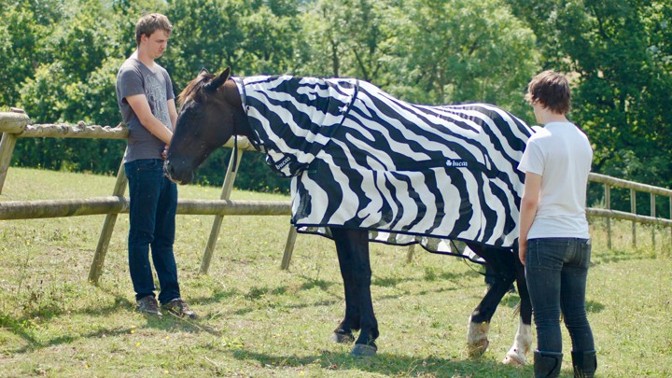What We’re Following
Hundreds of top Catholic leaders are meeting in a first-ever summit to address how to protect minors. The event is at least one sign that Pope Francis is taking the Church’s global, decades-long sexual-abuse crisis seriously. But Francis’s own record on the matter is mixed; last year, he cast aside allegations that a Chilean bishop had covered up sexual abuse by deriding the claims as “slander.” And one cardinal in the U.S., Seán O’Malley, who is a close adviser to the pope, has been keen on rooting out the Church’s abuse problem, but has found it challenging to get the Vatican to agree to substantive reforms.
Virginia’s Democratic Party remains in turmoil, weeks after the state’s top leaders became embroiled in separate scandals. Governor Ralph Northam and Attorney General Mark Herring have been reckoning with instances of blackface from their younger days, while Lieutenant Governor Justin Fairfax is facing accusations of sexual assault. Nevertheless, all three have so far resisted the calls from within their party for them to resign. The cascading series of scandals is pitting Democrats against one another, with Fairfax accusing a political rival of ginning up the accusations against him. The party is stumbling into state-legislature elections later this year, under a cloud of infighting and still-warm conspiracies.
Scientists studying images of Neptune kept finding images of a fuzzy white dot. Then they realized—it was a moon. Now named Hippocamp, the moon is just 21 miles in diameter, and though astronomers don’t know much more about the planet, they suspect that it was once a chunk of a neighboring moon that was dislodged in a violent collision. Though the search for entire new planets can feel more exciting, the universe is teeming with an infinite number of yet-to-be-discovered moons that are wondrously and inconceivably rich in their diversity.
Another report that the Mueller investigation is nearing its end; another reminder to consider what “wrapping up” really means in the context of the probe. More indictments? A final report? Revelations that would somehow “clear” the president? Mikhaila Fogel and Benjamin Wittes assessed the options.
—Saahil Desai and Shan Wang
Evening Reads

In the U.S., there’s a lack of services and programs for adults with autism, a problem that looks to only get worse:
“About half a million people on the autism spectrum will legally become adults over the next decade, a swelling tide for which the country is unprepared. When they turn 21, these people leave behind all the programming and funding they received under the Individuals With Disabilities Education Act and enter a labyrinth of government services that vary wildly from state to state. Although people with other disabilities face similar problems, the staggering rise in diagnoses of autism creates a distinctly troubling dilemma in how to ensure that these people receive proper care.”

(Photo: Tim Caro)
For more than 150 years, scientists such as Tim Caro have been puzzled about one of the most distinctive animal features: zebra stripes.
“Some researchers have suggested that the stripes act as camouflage—they break up zebras’ outlines or resemble fields of tree trunks. But that can’t be true: Amanda Melin of the University of Calgary recently showed that lions and hyenas can’t even make out the stripes unless they get very close. Another hypothesis says that the black stripes heat up faster than the white ones, setting up circulating air currents that cool the zebras. But a recent study showed that water drums cloaked in zebra pelts heat up just as much as those covered in normal horse skins.”

(Photo: Shutterstock)
Many of today’s parents love writing about, and posting pictures of, their children online, whether funny videos on YouTube or cute snapshots on Instagram. What happens when those children are old enough to look for themselves online?
“When Ellen, an 11-year-old, finally decided to Google herself, she didn’t expect to find anything, because she doesn’t yet have her own social-media accounts. She was stunned when she found years of swim scores and sports statistics on the web. A personal story she wrote in third grade was also published on a class website with her name attached. ‘I didn’t think I would be out there like this on the internet.’”
Looking for our daily mini crossword? Try your hand at it here.
Comments, questions, typos? Email newsletters editor Shan Wang at swang@theatlantic.com
We have many other free email newsletters on a variety of other topics. Find the full list here.

No comments:
Post a Comment